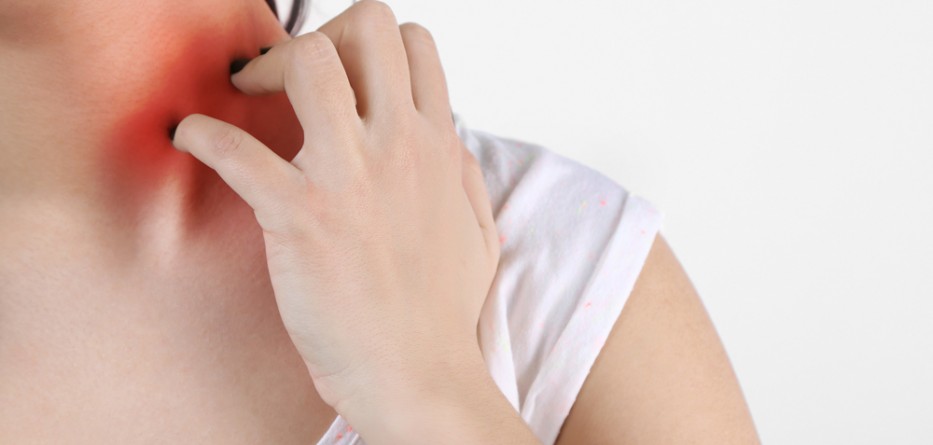If you’ve exhausted all options of home remedies to ease your eczema symptoms, such as moisturizers and over-the-counter creams, don’t lose hope. Other treatments are available to soothe your skin and get your symptoms in check.
Steroids:
If you’re currently experiencing a severe eczema flare-up, your doctor may prescribe a steroid cream, pill, or shot. Steroids are good at easing inflammation and will give you a relief from your symptoms instantly. However, they can cause side effects including irritability and insomnia. Doctors only prescribe them for a short amount of time.
Be aware that steroids can clear your symptoms, but that doesn’t mean your symptoms won’t come back. You can prevent this by taking great care of your skin.
Antihistamines:
These drugs won’t stop a flare, but they have the potential to relieve itching. One of the antihistamines that are commonly used is Diphenhydramine (Benadryl), which can be bought at any major drugstore. Hydroxyzine (Atarax) and cyproheptadine are also commonly used and can be prescribed. These must be taken at night, however, as they cause drowsiness.
Drugs that turn down your immune system:
Some steroid-free medications can stop your immune system from attacking your skin and overreacting. Mycophenolate, , and are pills to be taken by mouth to ease skin irritation. They also give the skin a chance to heal. However, like most medications on the market, there are some side effects to look out for. These medications have the possibility to increase blood pressure and cause an upset stomach. They also put you at a higher risk of infections and cancer.
Pimecrolimus and tacrolimus are ointments that treat the itching associated with eczema, but these creams are also linked to a higher danger of skin cancer. Patients are advised to use these creams for only short periods of time. These ointments are never prescribed to people with chronic health problems or young children.
Featured Image: DepositPhotos/ belchonock




